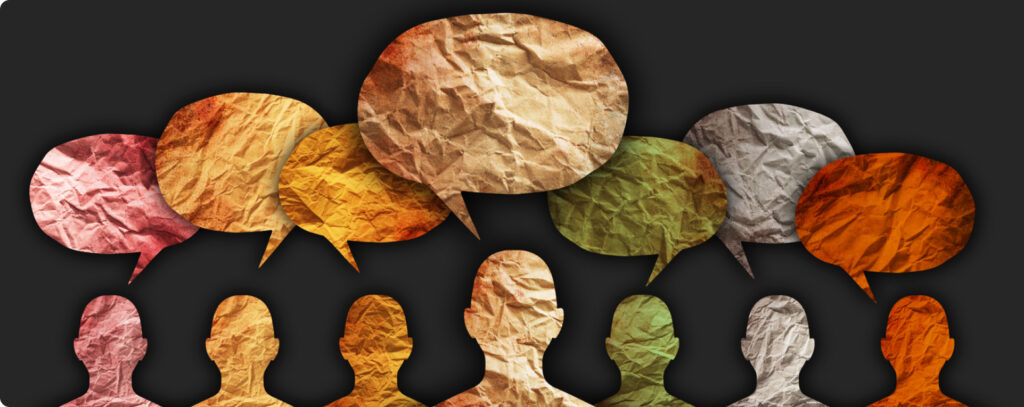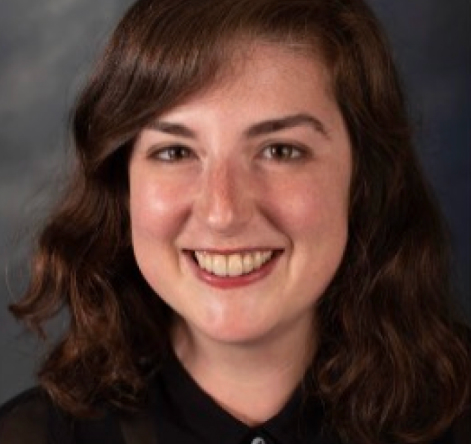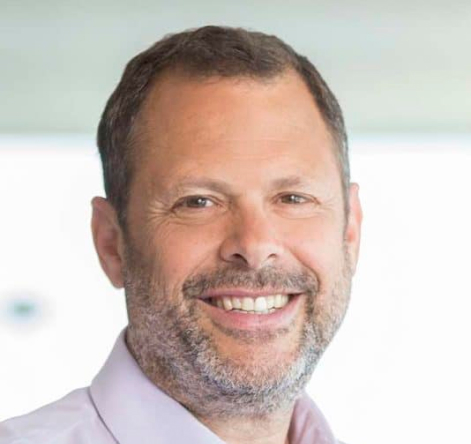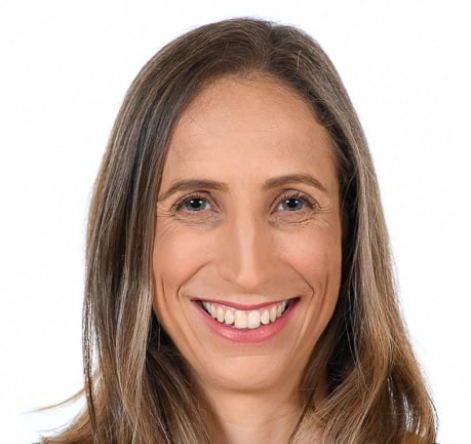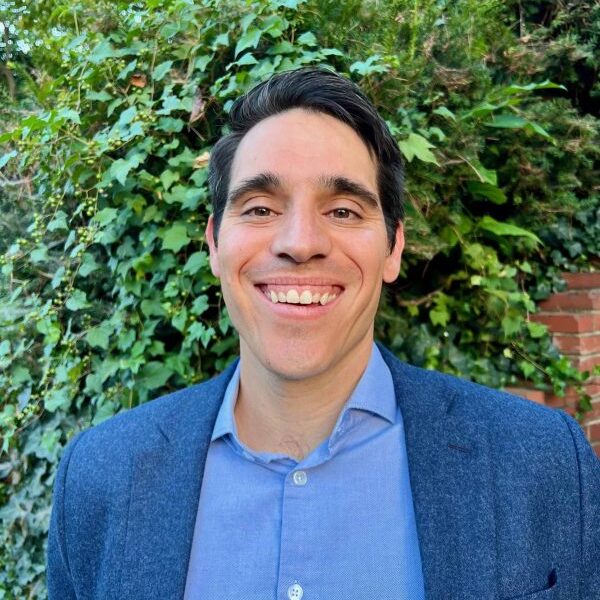Together, We Can Solve a Big Problem
The U.S. legal system is gripped by an access to justice crisis. Roughly three-quarters of filed civil cases feature a self-represented litigant who is left to navigate a complex legal system alone. At the same time, courts struggle to meet the needs of court users.
The Filing Fairness Project is an ambitious, multi-jurisdictional effort to modernize court filing systems, widen access to our courts, and improve the administration of justice by leveraging readily available technology.
Three principles guide the Project:
- Courts themselves are part of the access problem, and a key part of the solution. For millions of people facing problems like domestic violence, missed child support payments, eviction, or debt collection, indecipherable court forms and burdensome filing processes discourage participation and prevent many from asserting their rights.
- Self-represented litigants are not the only beneficiaries of court modernization. Legal aid and other legal services providers are frustrated by inefficiencies that limit their reach. And court administrators, clerks, and judges are slowed by irrelevant or erroneous filings.
- These issues are solvable using readily available technology that is already in use for tax filings, mortgage applications, and benefits administration. Courts have lagged behind because of fragmentation, inertia, and a lack of sustainable investment.
- By partnering with multiple state court systems, the Filing Fairness Project is helping establish the conditions necessary for the development of sustainable, multistate digital solutions to these problems. The resulting tools will provide user-driven, accessible filing options to millions of court users who must currently navigate the civil justice system alone.
To ensure that solutions are sustainable, courts must see benefits in the form of cost reduction and efficiency, and technology providers must be willing to invest in robust, user-friendly tools now and over time.
The benefits of court modernization are clear: Court users facing life-altering legal problems can have their day in court, judges receive more accurate and relevant filings, and courts spend less time and money on filing errors. By working together across jurisdictional lines, we can solve this problem.
The Filing Fairness Project is supported by the Stanford Impact Labs, Ford Foundation and the Mousetrap Foundation.
Fortifying Families Through Digital Access to Justice
In early 2024 we launched an innovative collaboration with the Superior Court of Los Angeles County to implement innovative, evidence-based approaches to reduce barriers to participation in the judicial process and to improve access to justice for all court users.
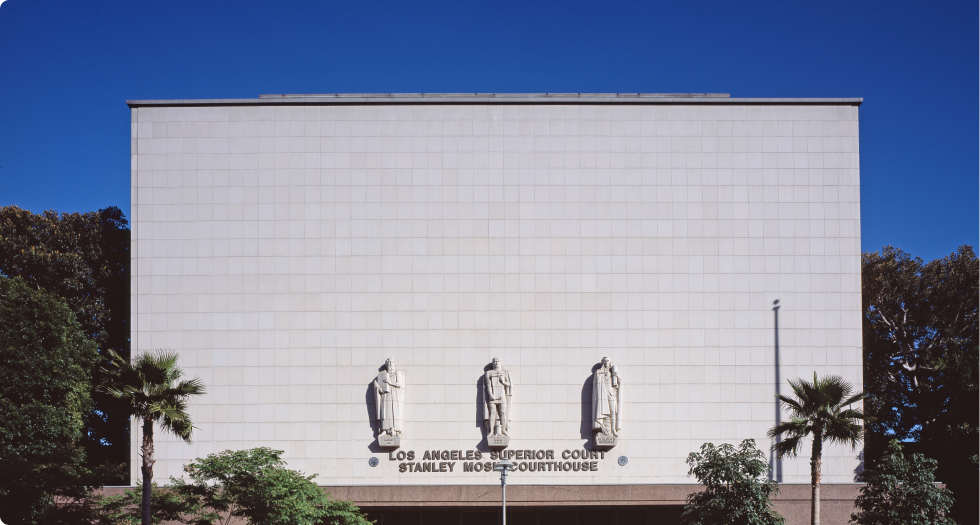
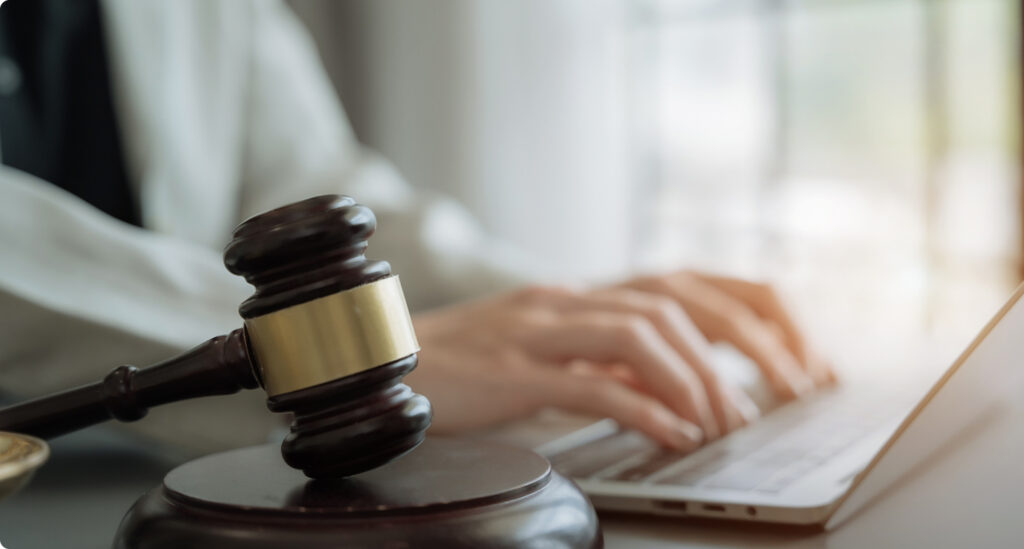
Filing Fairness Toolkit
The Filing Fairness Toolkit is a guide to modernizing forms and filing systems in state courts. Using this Toolkit, courts and court partners can increase efficiency, reduce costs, and improve the experiences of all court users.
